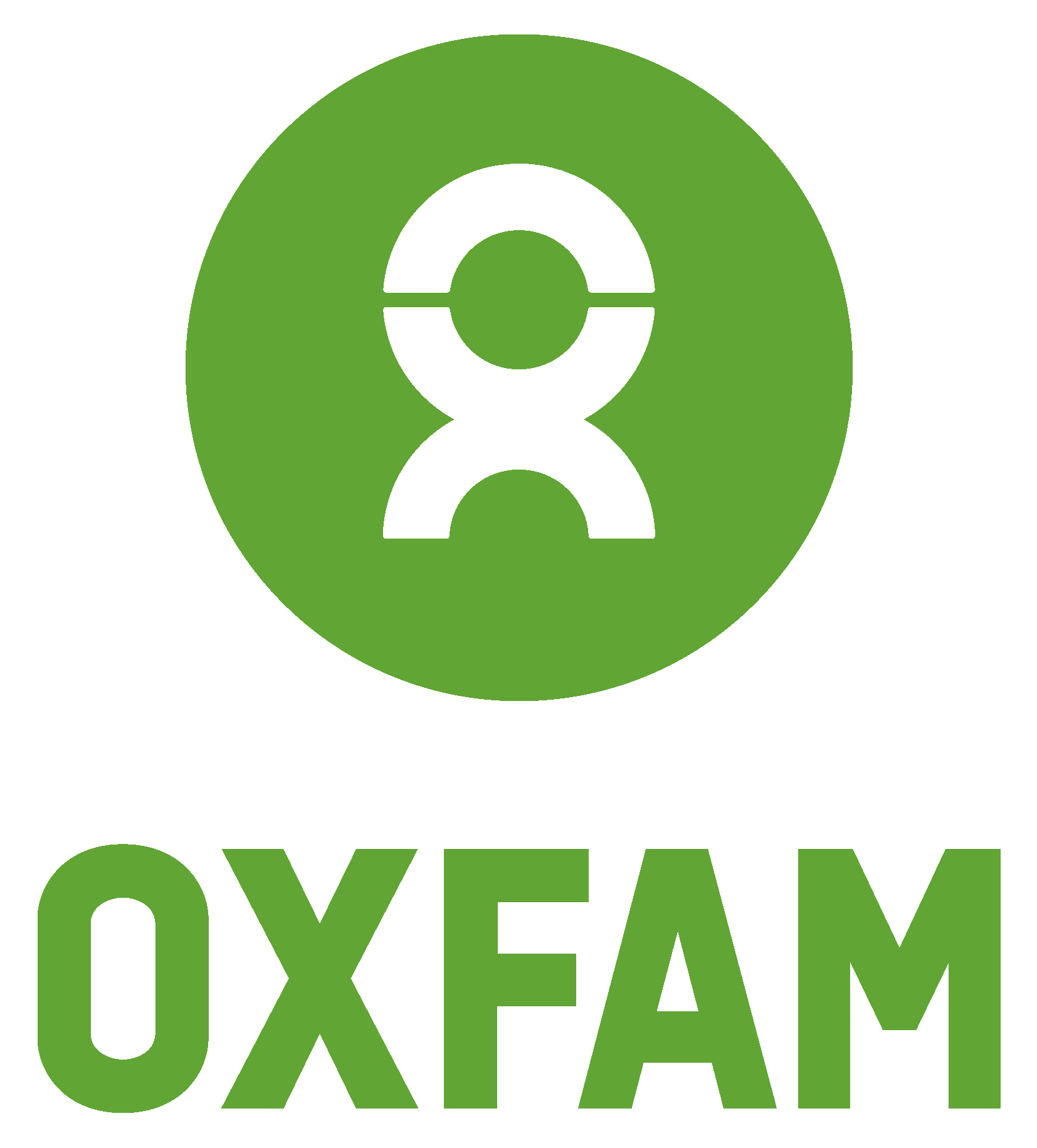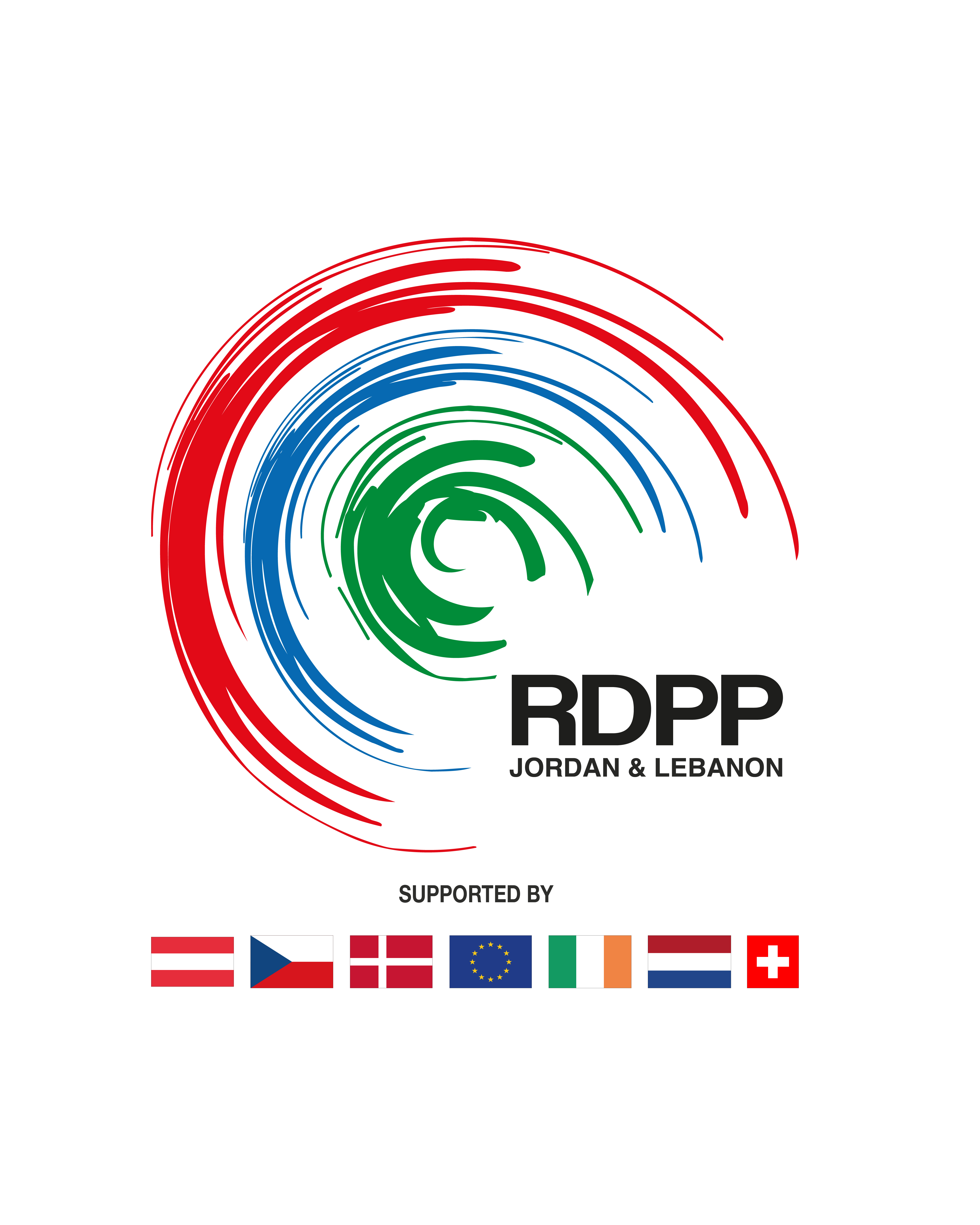
<
>
Growing Business Despite the Economic crisis / Lebanon
—
Chtaura - Zahle highway has always been considered the “stop” for visitors coming to the Bekaa either to have a taste of the good food or to buy the best homemade cheese and honey for the house. However, the impact of the economic crisis in Lebanon can be quickly realized by only counting the number of shops, stores, restaurants closing their doors during the past two years. Yet, despite the economic crisis in Lebanon, many small and medium businesses (MSMEs) are empowered to overcome the challenges forced by the changing the market and are still able to sustain through transforming their marketing plans to adapt with new realities and demands.
For Naji Ethel and his wife Marthe, owners of the Ethel Catering, the nature of their business needed to adapt to the changing market. “When we started our business in 2017, our focus was on catering for weddings and events, in addition to making daily dishes (plat du jour) and delivery services. And for two years onward, we equipped this place to open a wholesale in addition to the already established catering business. However, when the protests broke across the nation in 2019, we had to put this idea on hold because we couldn’t afford having a big number of staff anymore”, says Naji. “The lockdowns were the major reason why we put our initial idea to open the wholesale store on hold. Most branches here in Zahle had to either close or depend on online delivery during that time, and even people’s purchasing habits changed to become more depend on the online frozen food to stock at home during that period. Now, the habit didn’t change back, because the fuel prices are increasing each week, and people still prefer to order food that can last for a week rather than using their own cars and going to the market”, Marthe elaborated.
Earlier in 2020, the RDPP partner Oxfam-Ibis, selected Ethel Catering as an already established business to receive technical training packages for business development in an aim to support their business continuity. In addition to receiving trainings on the labour law, staff safety and capacity development, Oxfam-Ibis provided technical trainings on “Business Planning”, which helped Naji and Marthe adjust their business plan to adapt to the changing market. To support the relaunch and growth of their business, Ethel Catering will receive a small grant from Oxfam-Ibis to launch the frozen food and deliver the meals ready-to-cook upon ordering, while keeping the plat du jour on their menu.
“We will work on launching the frozen food chain with the grant we’re receiving from Oxfam, we need to equip the freezer room, buy the equipment to cook and pack the frozen food, and we will hire additional 4 to 5 staff to do the work. We’re considering hiring more women now based on the nature of the work that needs to be done”, says Marthe. Ethel Catering will buy the raw materials directly from the landowners in Zahle, thereby also supporting the local farmers while also to be purchased in USD. They added that the people’s purchasing ability in Zahle is still acceptable based on the number of products they are currently selling, “it’s like we’re also helping families to have good-affordable meals, while both men and women go to work for 8 hours a day”, Marthe added.
Ethel Catering is one of the MSMEs supported by Oxfam Ibis in the project entitled “The promotion of decent work and sustainable business development in Bekaa, Lebanon”, which aims to provide technical support to 75 Micro, Small and Medium Enterprises (MSMEs), and financial support to 30 selected MSMEs in order to retain, sustain, and create jobs, in addition to building the organizational, technical and evidence-based advocacy capacities of the 15 CSO members of the “My Work, My Rights!” Network in order to influence policies related to decent work. The project is funded by the European Regional Development and Protection Programme (RDPP II) for Lebanon, Jordan and Iraq, which is supported by the Czech Republic, Denmark, the European Union, Ireland and Switzerland.

BACK TO ALL STORIES
